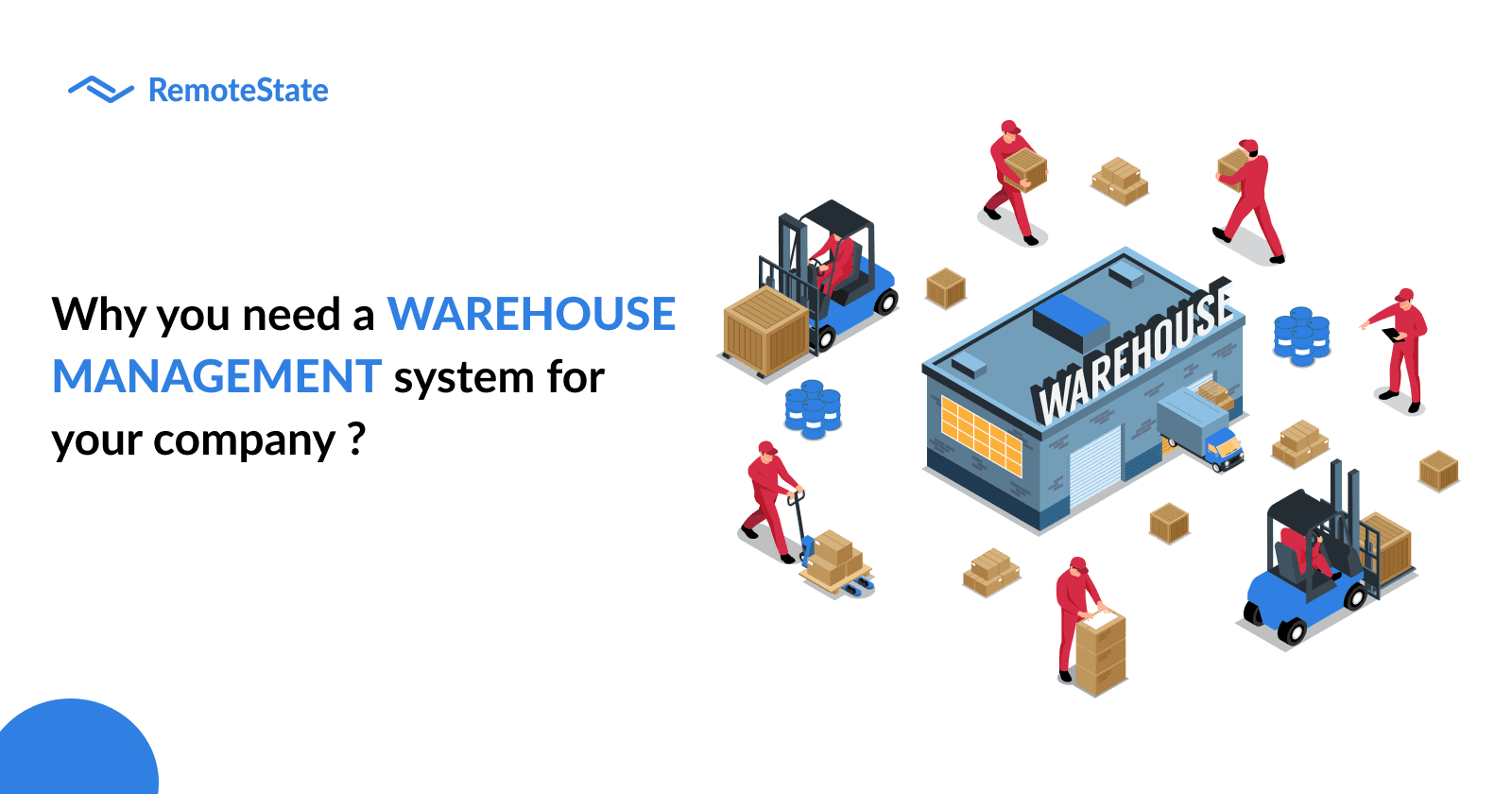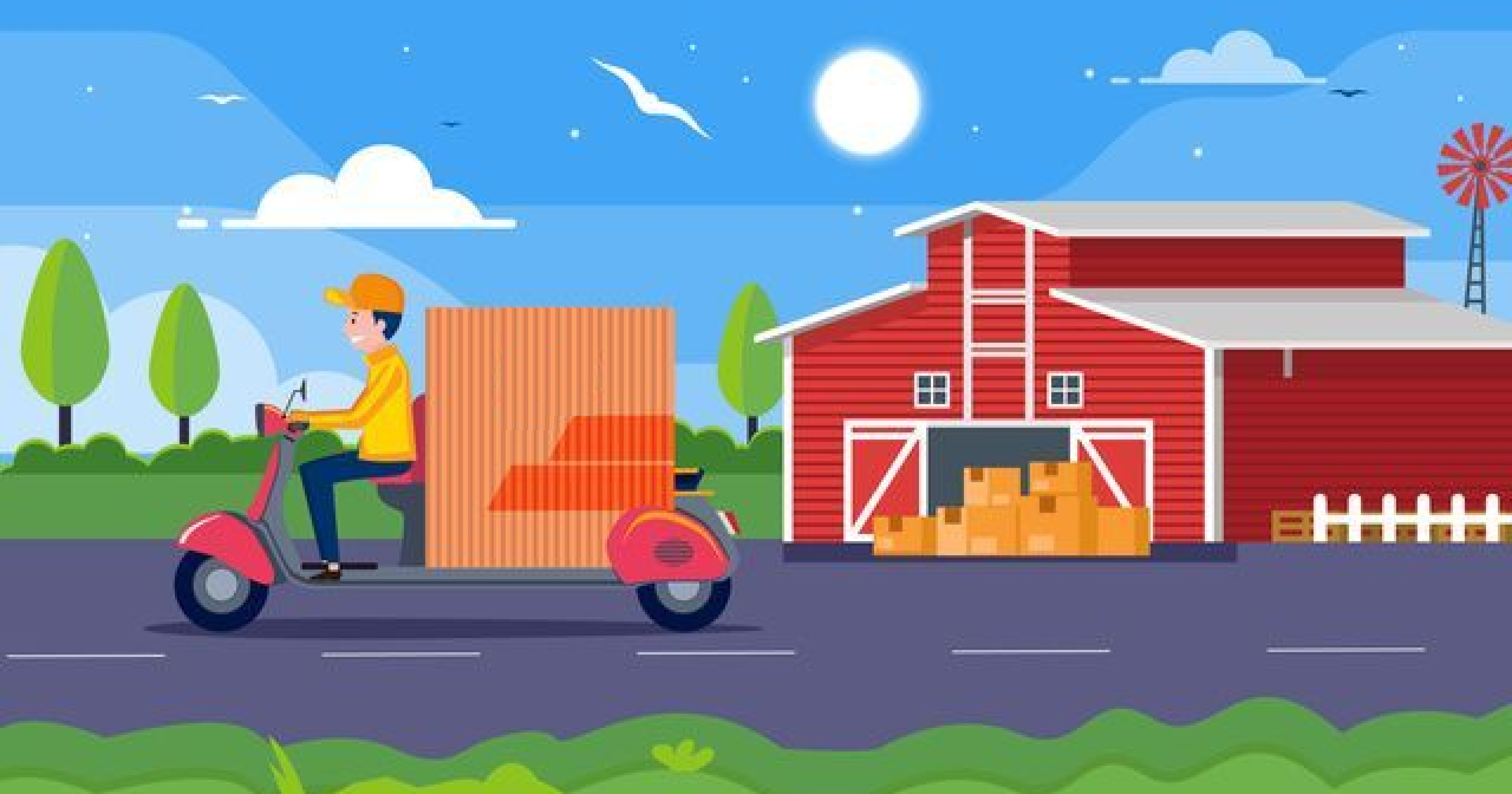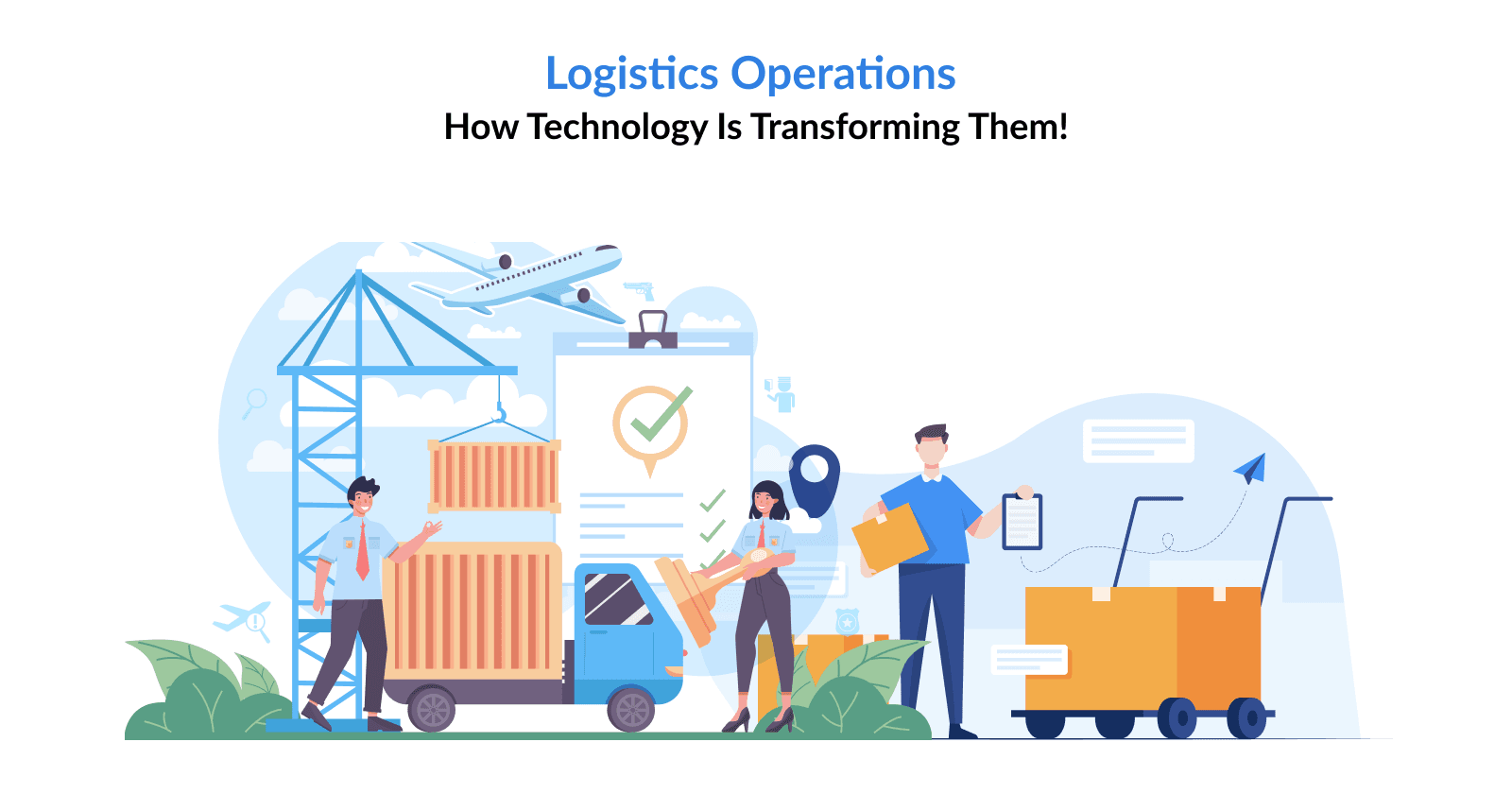Introduction
In recent years, mobile apps have transformed the logistics and transportation industry, providing a wide range of benefits for logistics managers, truck drivers, and customers.
In recent years, mobile apps have transformed the logistics and transportation industry, providing a wide range of benefits for logistics managers, truck drivers, and customers.
Mobile apps have improved supply chain visibility, increased efficiency and productivity, and enhanced customer service. However, mobile apps also pose some challenges, including security risks, compatibility issues, and adoption challenges.
Looking to the future, mobile apps will continue to incorporate new technologies, such as AI, IoT, and blockchain, to further optimize logistics and transportation management.
Benefits of Mobile Apps in Logistics and Transportation Management
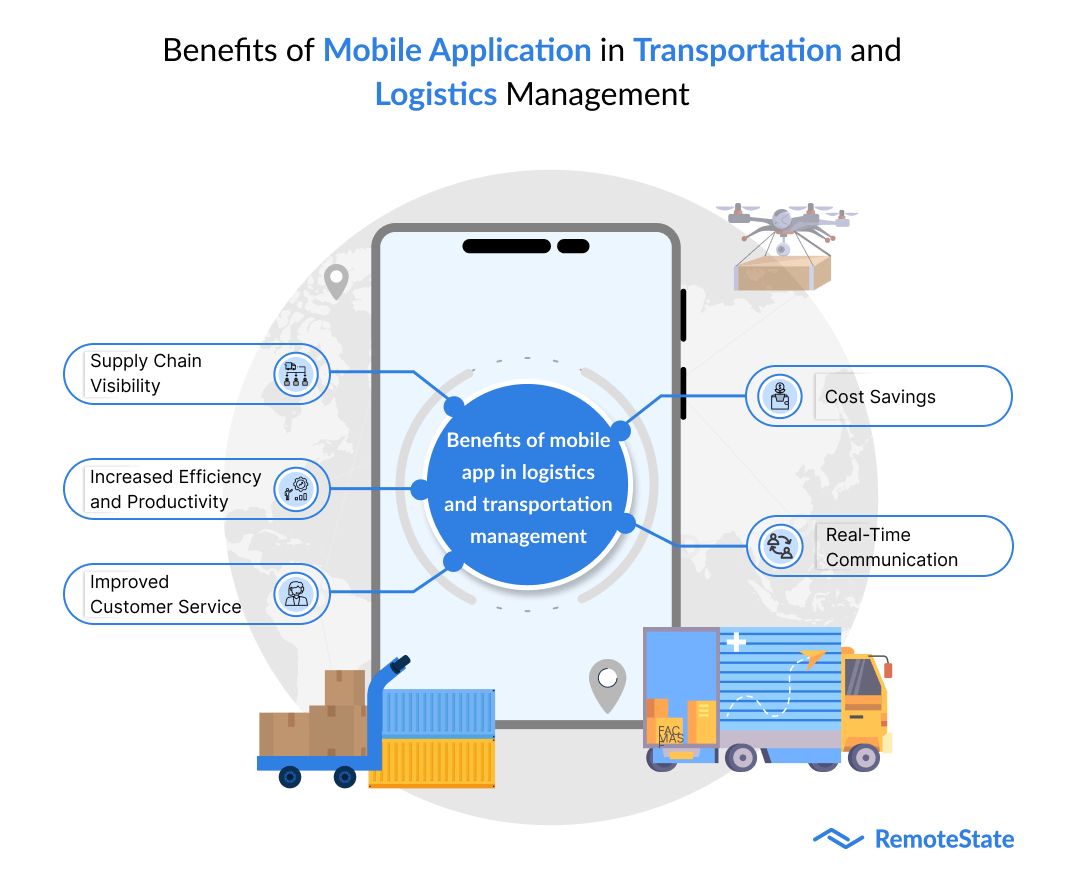
Mobile apps provide a range of benefits for logistics and transportation management. Here are some of the key benefits:
Supply Chain Visibility
Mobile apps provide real-time data on the location and condition of goods, improving supply chain visibility and enabling logistics managers to track shipments, anticipate delays, and make data-driven decisions. With this visibility, logistics managers can ensure that shipments are delivered on time, which helps to increase customer satisfaction.
Increased Efficiency and Productivity
Mobile apps automate many manual tasks, such as data entry and inventory management, freeing up time for logistics managers and truck drivers to focus on more critical tasks. This increased efficiency and productivity can result in faster and more reliable deliveries, which can improve customer satisfaction and help logistics companies gain a competitive advantage.
Improved Customer Service
Mobile apps enable logistics companies to provide better customer service by offering real-time updates on shipment status and estimated delivery times. This level of transparency can increase customer trust and loyalty, resulting in repeat business and positive reviews.
Cost Savings
Mobile apps can help logistics companies reduce costs by optimizing routes, reducing fuel consumption, and minimizing driver idle time. By reducing these costs, logistics companies can improve their bottom line and invest in other areas of their business.
Real-Time Communication
Mobile apps enable real-time communication between logistics managers, truck drivers, and customers, reducing the likelihood of miscommunication and enabling faster problem resolution. This can help to prevent delays and ensure that shipments are delivered on time.
Challenges of Mobile Apps in Logistics and Transportation Management
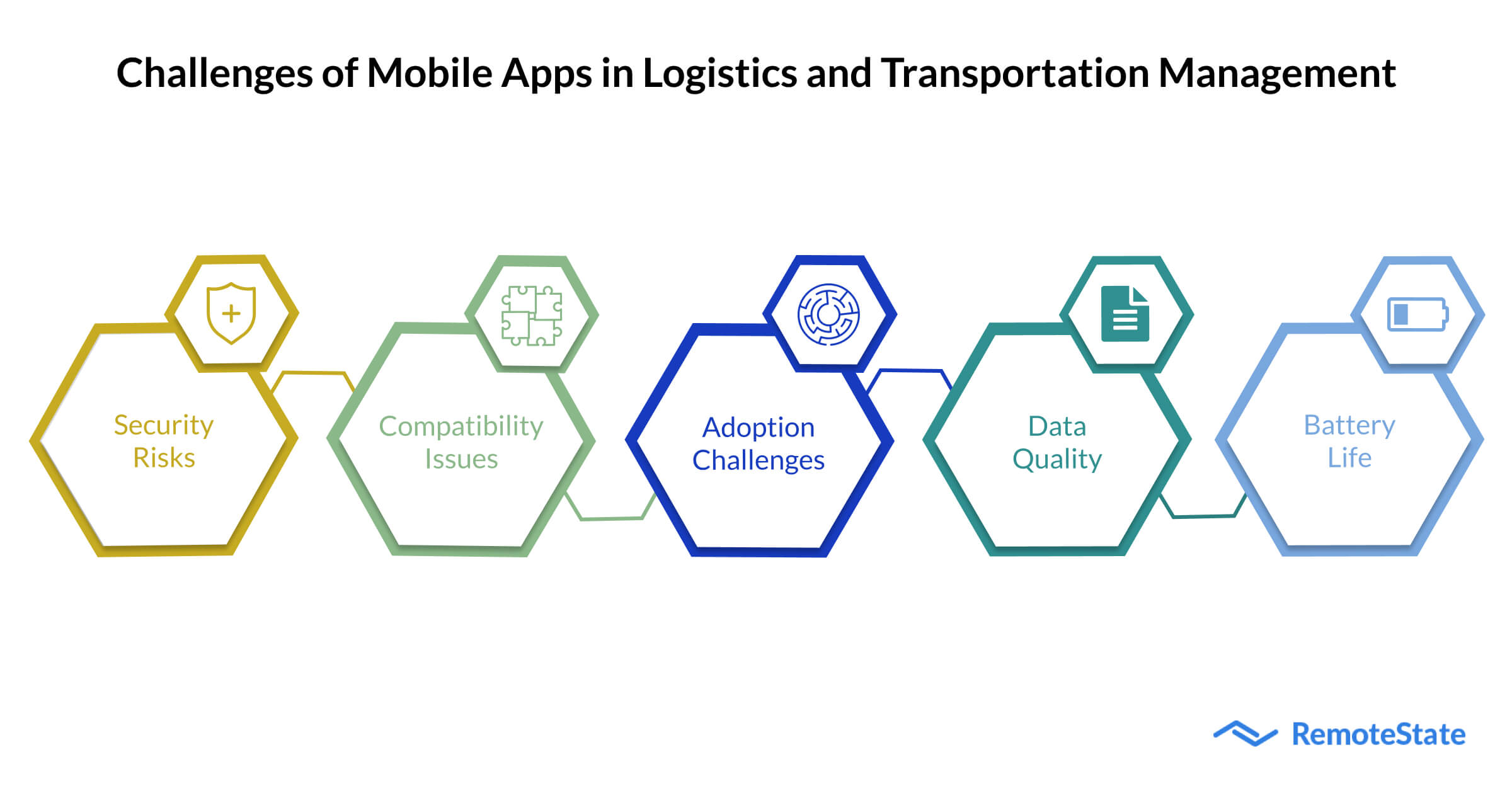
Despite the many benefits of mobile apps in logistics and transportation management, there are also some challenges to consider:
Security Risks
Mobile apps can be vulnerable to security risks, such as data breaches and hacking. Logistics companies need to ensure that their mobile apps are secure and that customer data is protected.
Compatibility Issues
Mobile apps may not be compatible with all devices and operating systems, which can limit their effectiveness. Logistics companies need to ensure that their mobile apps are compatible with a wide range of devices and operating systems to ensure maximum adoption.
Adoption Challenges
Mobile apps may not be adopted by all logistics managers and truck drivers, which can limit their effectiveness. Logistics companies need to ensure that their mobile apps are user-friendly and that all employees are trained on their use.
Data Quality
Mobile apps rely on accurate and up-to-date data to be effective. Logistics companies need to ensure that their data is accurate and that it is entered correctly into the mobile app to ensure that it provides accurate insights.
Battery Life
Mobile apps can drain battery life, which can be an issue for truck drivers who are on the road for long periods. Logistics companies need to ensure that their mobile apps are optimized to minimize battery usage.
Future Trends of Mobile Apps in Logistics and Transportation Management
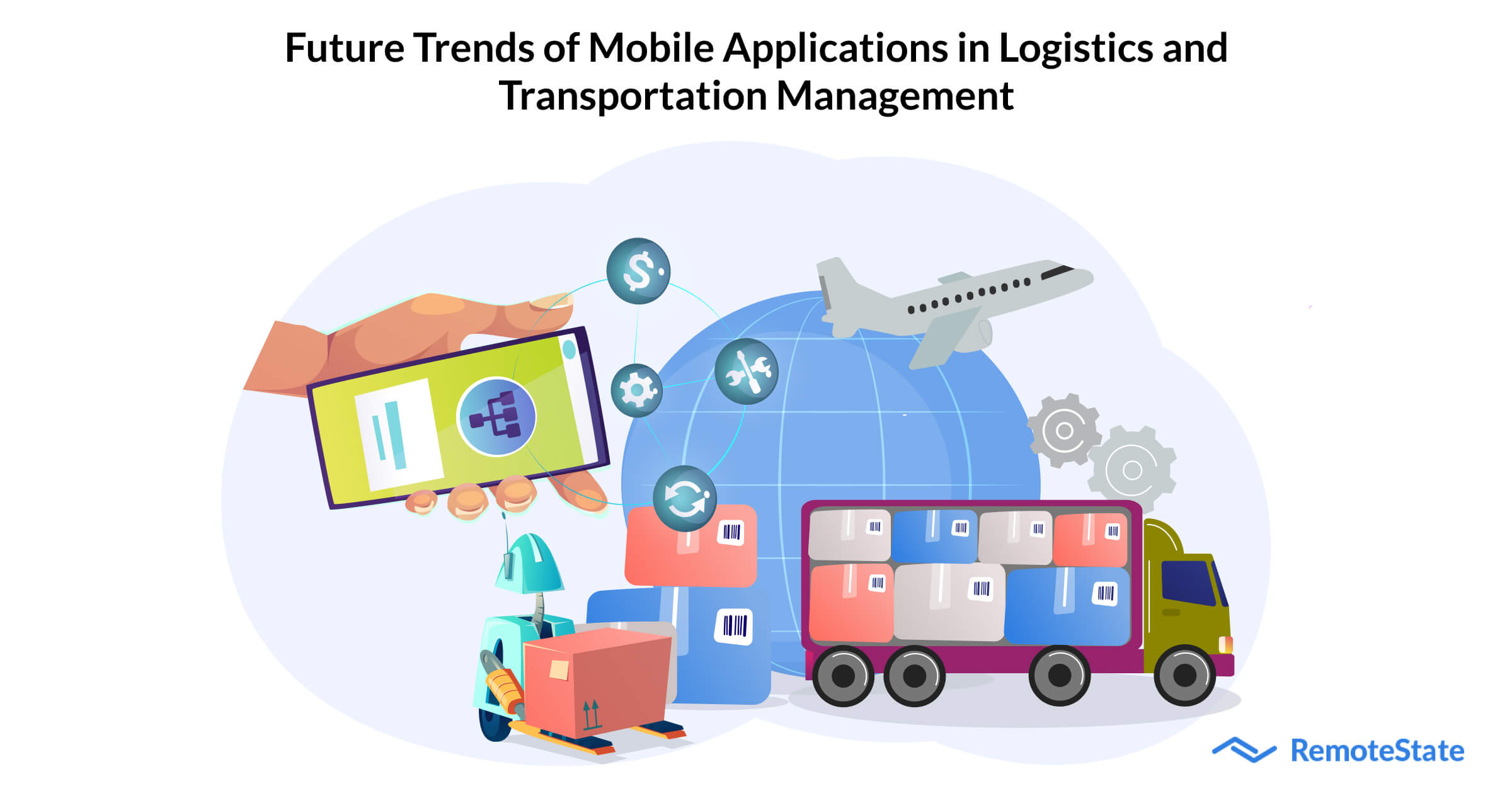
Looking to the future, mobile apps will continue to evolve and incorporate new technologies to further optimize logistics and transportation management. Here are some future trends to watch out for:
AI
Mobile apps will incorporate AI to enable predictive analytics and machine learning algorithms that can help logistics managers optimize their supply chains, anticipate delays, and reduce costs.
IoT
Mobile apps will integrate with IoT devices, such as sensors and RFID tags, to provide real-time data on the location and condition of goods. This will enable logistics managers to track shipments more accurately and make data-driven decisions.
Blockchain
Mobile apps will incorporate blockchain technology to provide greater transparency and security in the supply chain. By using blockchain, logistics companies can track shipments from start to finish, ensuring that all parties involved in the transaction have access to the same information.
Augmented Reality
Mobile apps will use augmented reality to improve warehouse management and increase efficiency. For example, logistics managers can use augmented reality to visualize warehouse layouts and optimize inventory management.
Autonomous Vehicles
Mobile apps will incorporate autonomous vehicles to optimize delivery routes and reduce costs. By using autonomous vehicles, logistics companies can reduce driver fatigue and ensure that shipments are delivered more efficiently.
Voice Technology
Mobile apps will incorporate voice technology, such as virtual assistants, to enable hands-free communication between logistics managers and truck drivers. This will improve communication and reduce the likelihood of accidents.
5G Technology
Mobile apps will benefit from the increased bandwidth and reduced latency of 5G technology, enabling real-time communication and faster data transfer speeds. This will improve the effectiveness of mobile apps and enable logistics managers to make faster decisions.
Augmented Reality
Mobile apps will use augmented reality to improve warehouse management and increase efficiency. For example, logistics managers can use augmented reality to visualize warehouse layouts and optimize inventory management.
Big Data
Mobile apps will continue to collect large amounts of data, which can be used to optimize supply chains and improve customer service. By analyzing this data, logistics companies can identify trends and make data-driven decisions.
Customization
Mobile apps will become more customized, enabling logistics companies to tailor their apps to specific business needs. This customization will improve the effectiveness of mobile apps and ensure that logistics companies can meet the unique needs of their customers.
Conclusion
Mobile apps have transformed logistics and transportation management, providing a wide range of benefits, such as increased efficiency, improved customer service, and cost savings.
However, mobile apps also pose some challenges, including security risks, compatibility issues, and adoption challenges. Looking to the future, mobile apps will continue to incorporate new technologies, such as AI, IoT, and blockchain, to further optimize logistics and transportation management.
Streamline Your Logistics Operations with Remotestate's Custom Mobile Apps and IT Services
As a software development and IT services company, Remotestate has the technical expertise and industry knowledge to help logistics and transportation companies develop custom mobile apps that meet their specific needs. Our team of experienced developers uses the latest technologies and development methodologies to ensure that our apps are robust, scalable, and easy to use.
In addition to app development, we also provide a range of IT services, including cloud computing, cybersecurity, and data analytics. By partnering with Remotestate, logistics companies can ensure that they have access to the latest technologies and tools to help them stay ahead of the competition.
At Remotestate, we pride ourselves on our commitment to providing our clients with the highest level of service and support. We work closely with our clients to understand their unique requirements and develop apps that meet their needs. We also provide ongoing support and maintenance to ensure that their apps continue to meet their needs over time.
Whether you need a custom mobile app for managing your logistics operations or want to leverage the power of cloud computing and data analytics to improve your business processes, Remotestate has the expertise and experience you need to succeed. Contact us today to learn more about how we can help your business achieve its goals.
FAQs
What are the benefits of mobile apps in logistics and transportation management?
Mobile apps provide benefits such as increased supply chain visibility, improved efficiency and productivity, better customer service, cost savings, and real-time communication.
What are the challenges of mobile apps in logistics and transportation management?
The challenges of mobile apps include security risks, compatibility issues, adoption challenges, data quality issues, and battery life concerns.
What are the future trends of mobile apps in logistics and transportation management?
The future trends of mobile apps include the incorporation of AI, IoT, blockchain, augmented reality, autonomous vehicles, voice technology, 5G technology, big data, and customization.
How can logistics companies ensure the effectiveness of their mobile apps?
Logistics companies can ensure the effectiveness of their mobile apps by ensuring that they are secure, user-friendly, compatible with a wide range of devices and operating systems, and optimized to minimize battery usage.
Publication Date
2023-03-02
Category
Logistics
Author Name
Sajal Nehra
